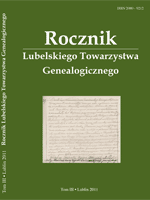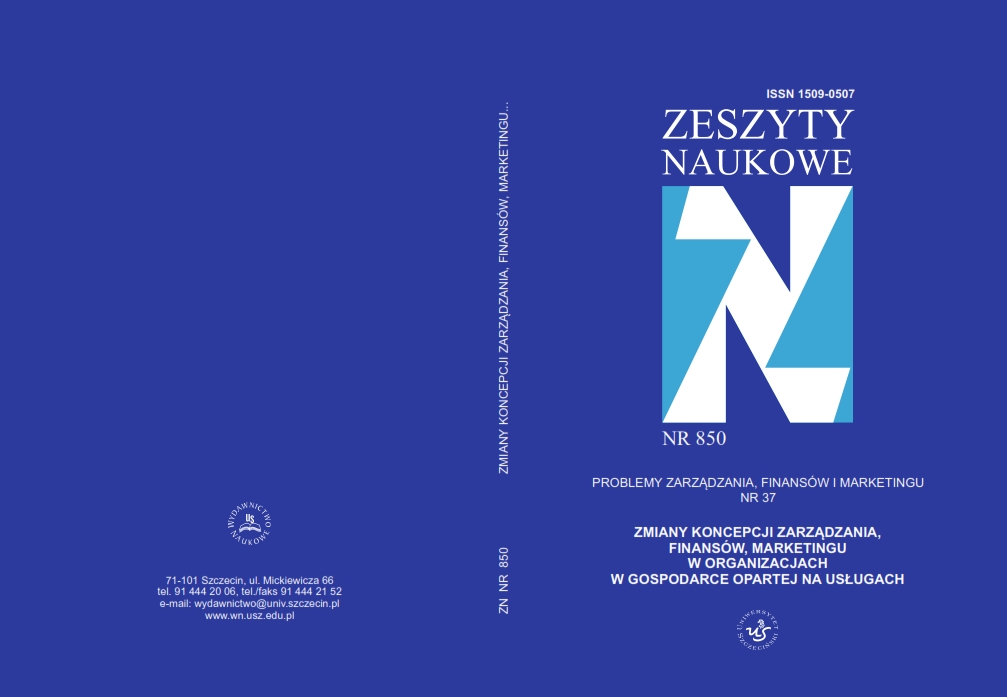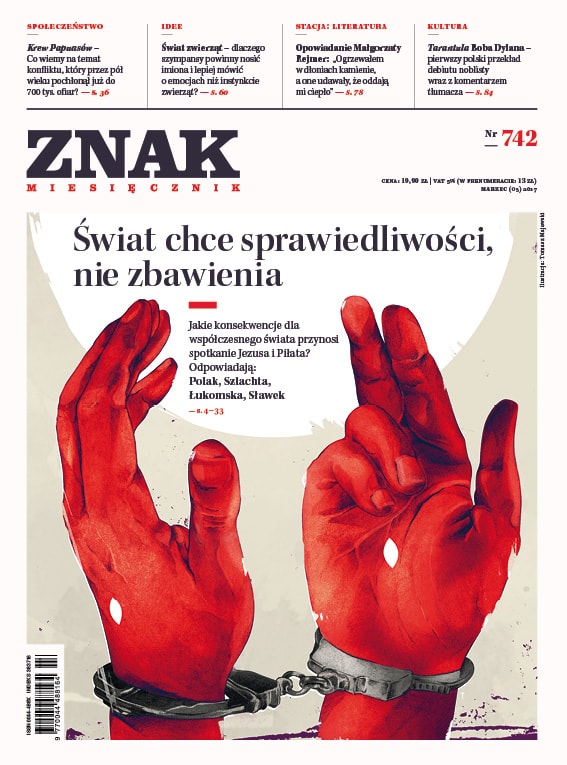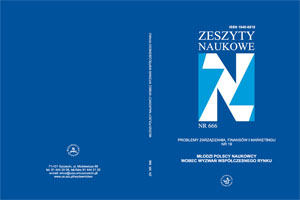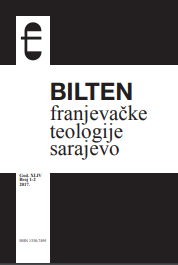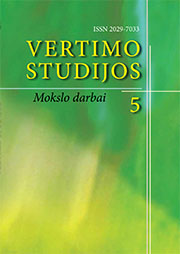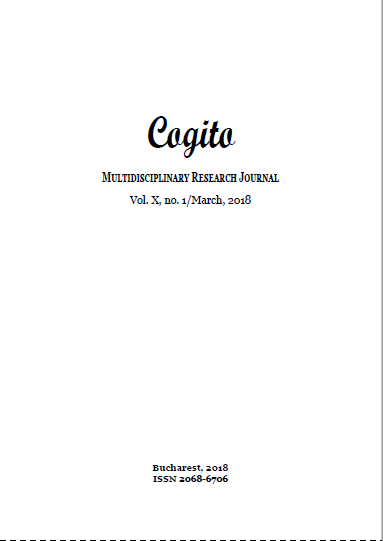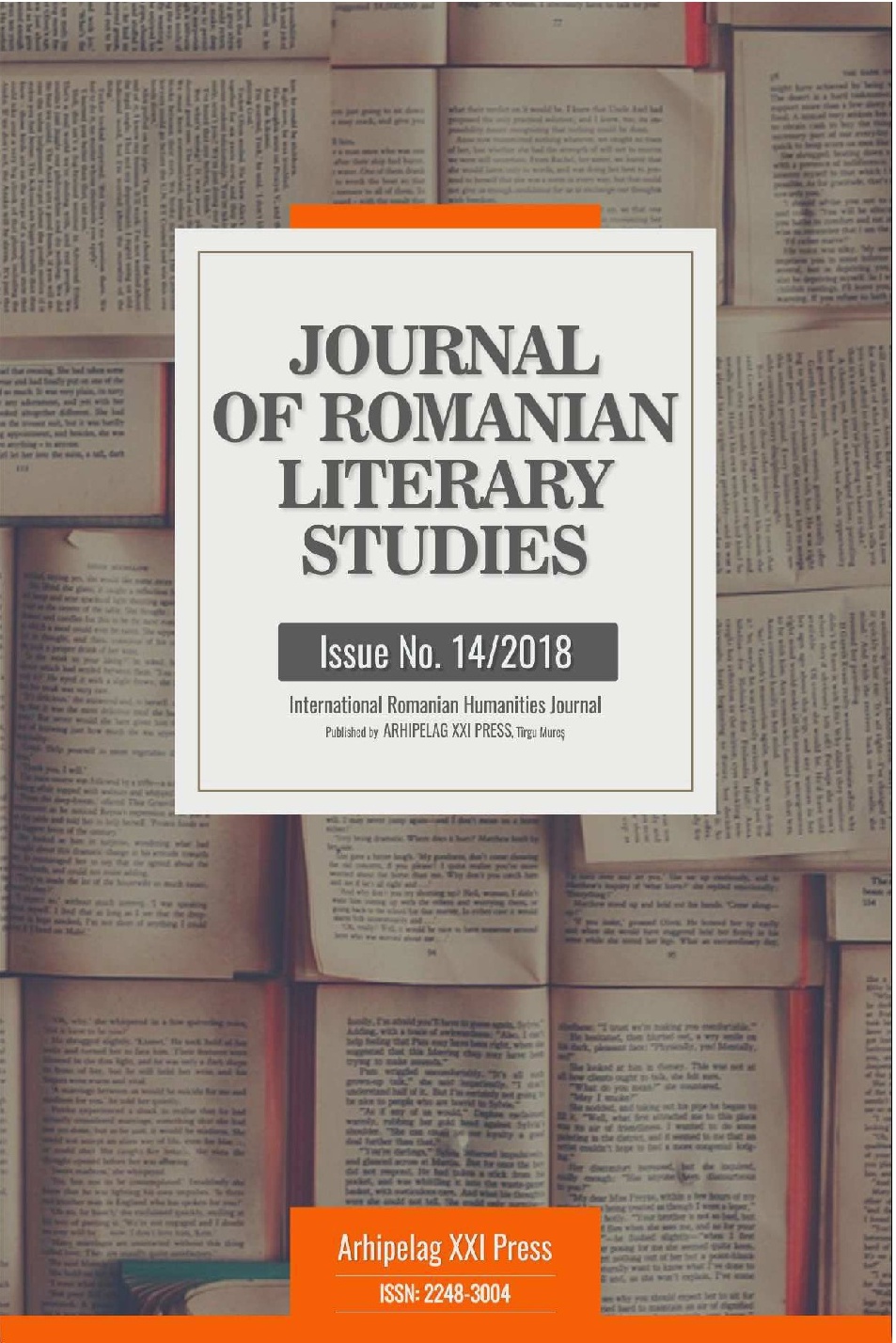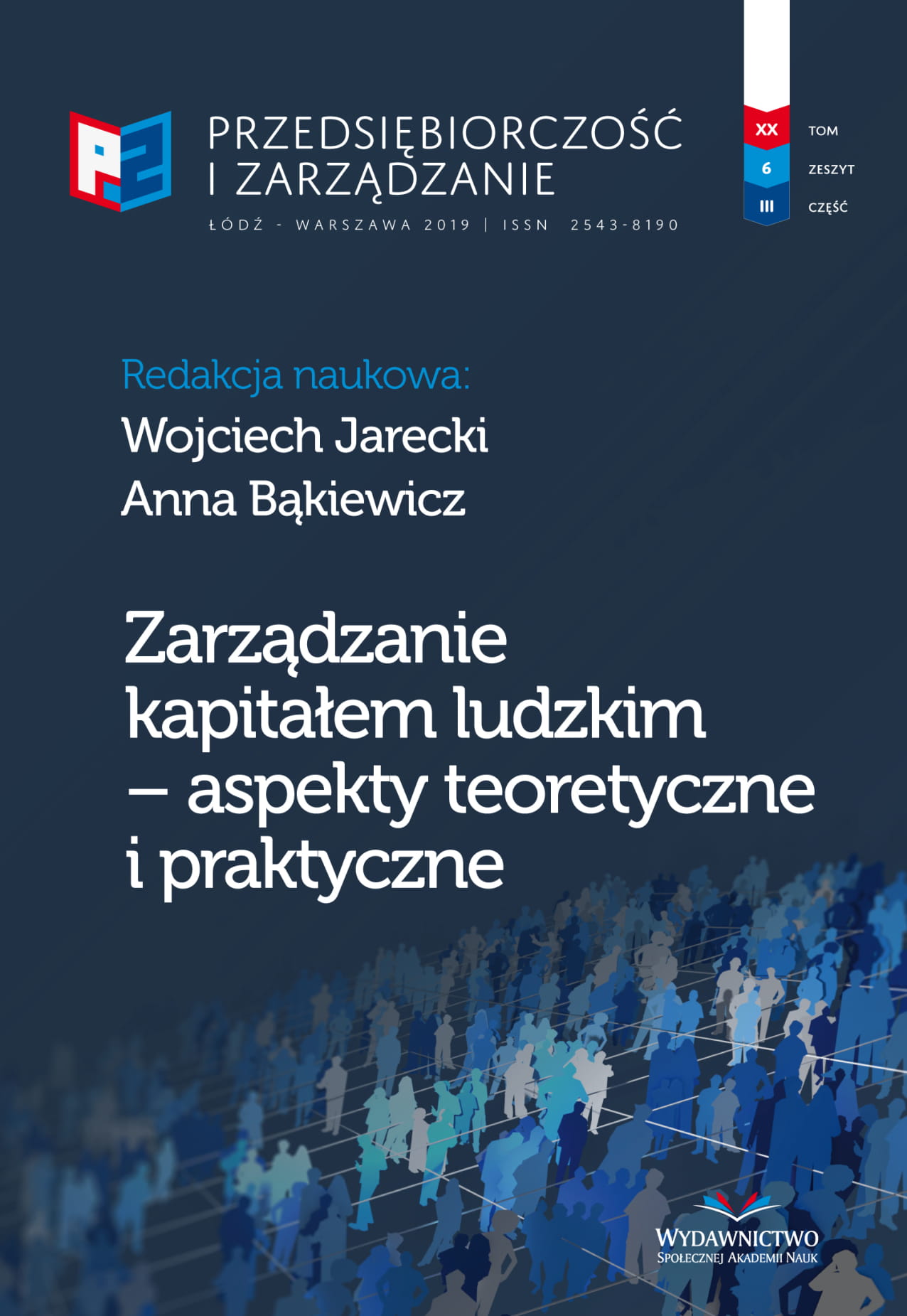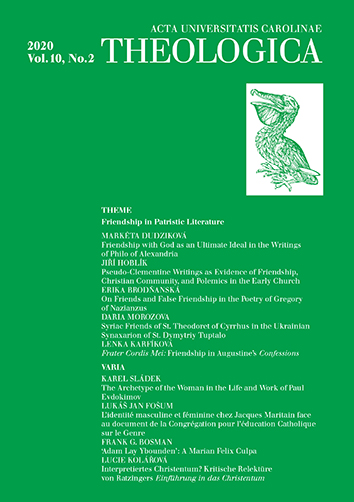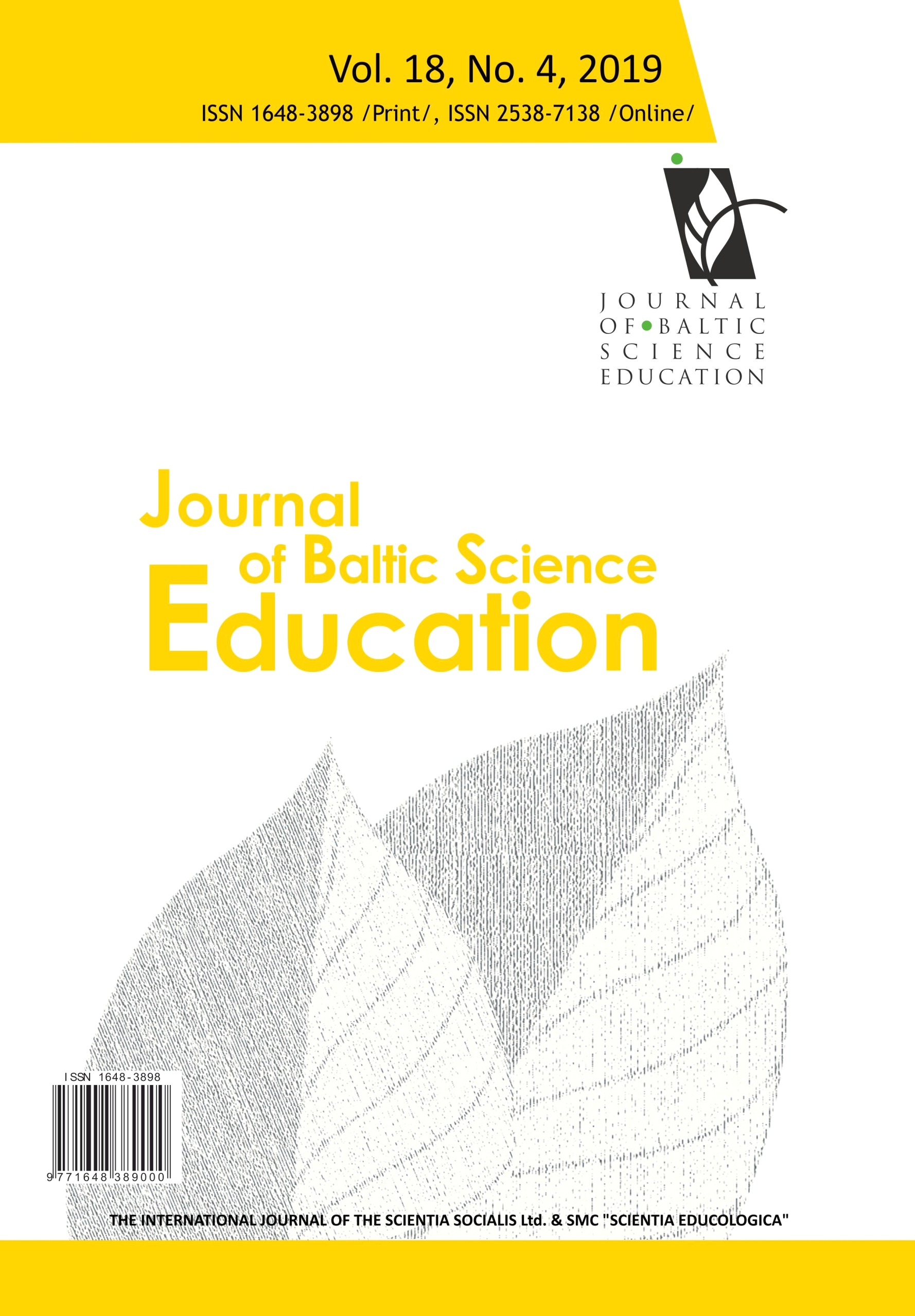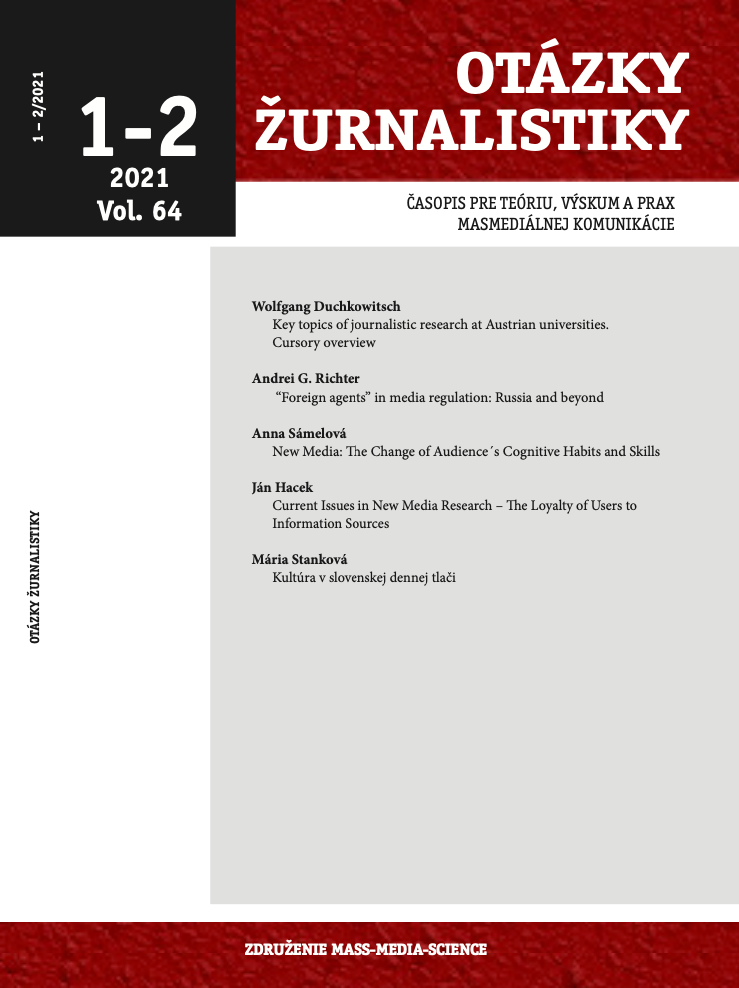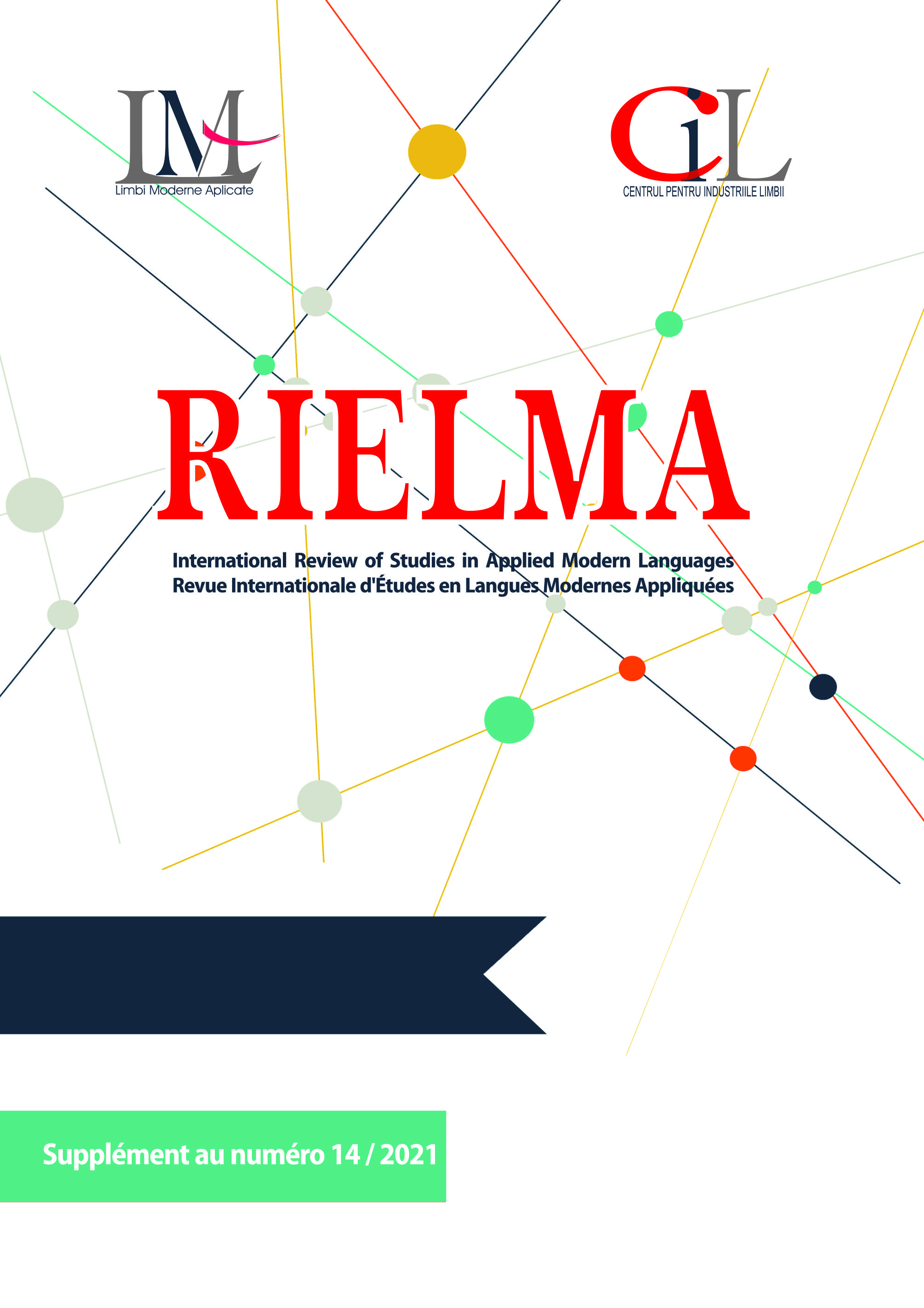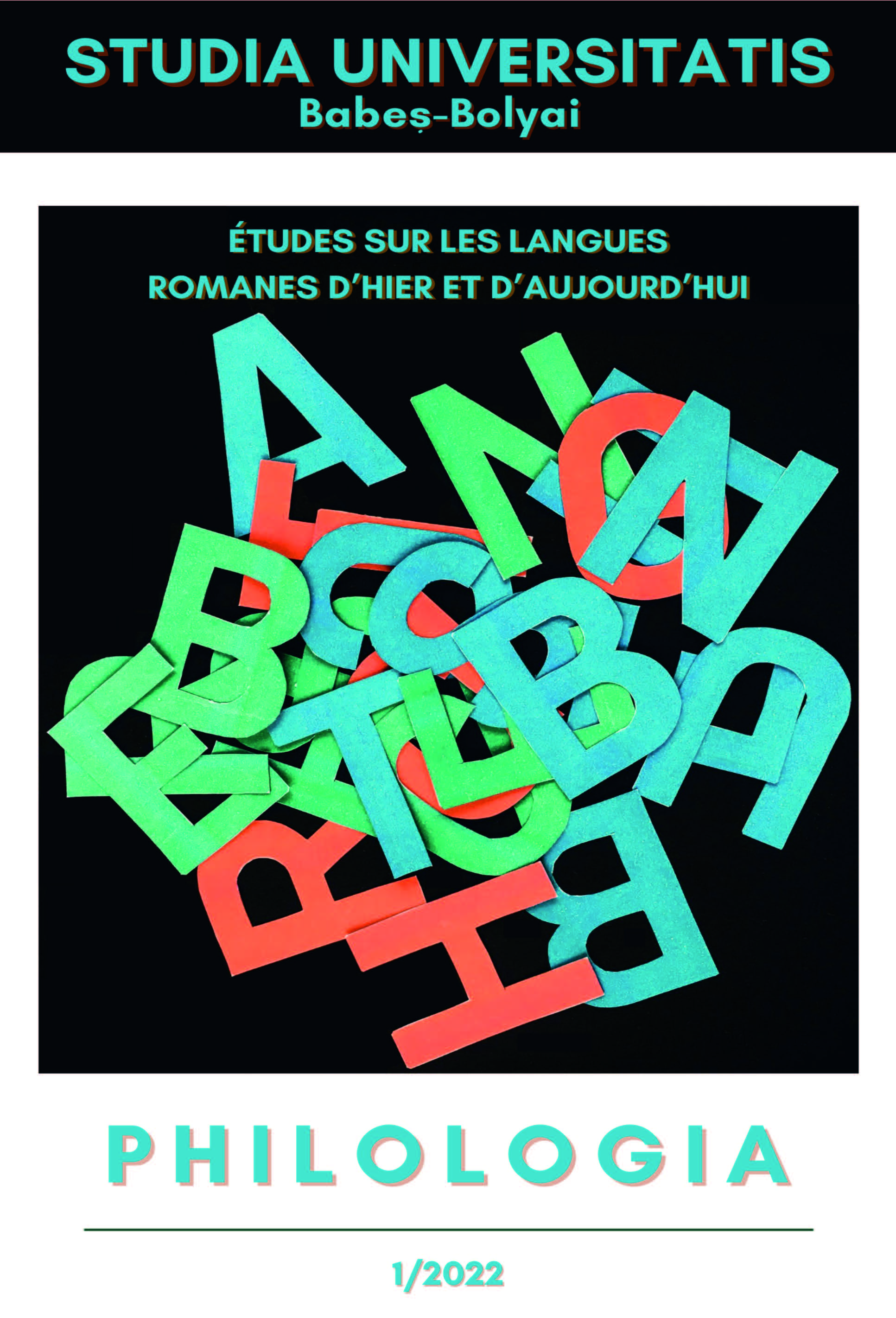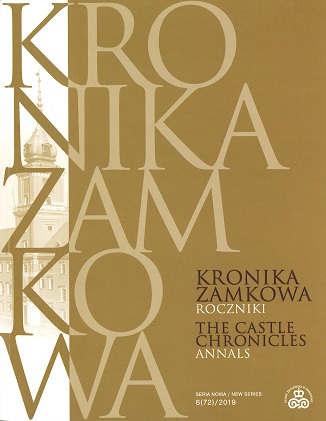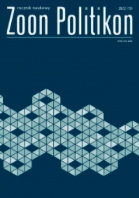Политика и злочини Бугара за време Првог светског рата у Србији (1915–1918)
Author(s): Milić F. Petrović / Language(s): Serbian
/ Issue: 11/2016
The author makes an introduction to his paper by describing Austro- -Hungarian aggression against Serbia and the crimes of its army committed during the first assault on Serbia (August–September 1914); he provides general bio-bibliographic data on Archibald Reiss; he presents methodology used in Reiss’s research, a well-known Reiss’s survey; he takes a more detailed look at his war reports from Serbia in the period 1914–1918 that were published in Lausanne Gazette; he connects general political situation in Europe with the efforts of Central Powers and the Entente to win over neutral countries: Italy, Romania, Bulgaria promising to them Serbian, yugoslav and Greek countries– Macedonia, Dalmatia, Banat. Reiss was particularly interested in the attitude of Serbia and its relationship toward neighbouring countries: Bulgaria, Albania, Italy, Romania and their pretensions to yugoslav ethnical environment.
The manuscript reveals the contents of Reiss’s war reports, his fundamental attitude, interpretations, views and warnings stated in his articles as well as responses to numerous controversies published in the Lausanne Gazette 1914–1918 with regard to twofaced and hypocritical behavior of the Bulgarian king and Bulgarian government, especially in the situations when they were expressing the neutrality of Bulgaria– while at the same time they were preparing for war against Serbia hurriedly supporting the Central Powers who “guaranteed” to them conquering foreign territories in return. Reiss also noticed that Central Powers were permissive in their relation to Bulgaria; pressures were made on Serbia to dispose of its internationally acknowledged territories, so that Bulgaria could support the Entente. He also wrote about a knife Bulgaria plunged into Serbia’s back in 1915, cruelty inflicted by Bulgarian army and the authorities toward civilians in the occupied territory of Serbia with the blessing of the Government in Sofia. Reiss revealed that Bulgarians wanted to crash Serbia with the assistance of Central Powers and assume the role of a leading power in the Balkans. Different parties attacked Reiss because he was revealing true details, including Bulgarian war propaganda, Bulgarian information agency, Association of Bulgarian students in Switzerland, Austro-Hungarian and German anonymous individuals, agencies and other institutions. Reiss responded to the lies and Bulgarian war propaganda with tested facts and data related to the Bulgarian politics and behavior of its army, authorities and chetnik troops before and during Balkan wars and afterwards in the first World War drawing attention to the wrong orientation of Bulgarian state and military leadership and cruel treatment of Bulgarian occupation army to Serbian prisoners and civilians.
The paper emphasizes that Reiss’s neutral research and writing during the first World War provoked neutral Swiss and European public to raise their voice against crimes committed in Serbia, france and Belgium. At the same time Reiss disseminated his findings about courage, resolution, sacrifice, humanity and hardship of Serbian army, nation and state aiming to stop, disclose and judge aggression and crimes committed by Austro-Hungarian-Bulgaro-Germans in Serbia, as he wrote; he also wrote about the significance of Serbian resistance movement in Toplica and Jablanica (1917)– the only uprising in the occupied Europe during the first World War; the importance of Macedonian and Thessaloniki front and the how the participation of allied and Serbian army in this front contributed to the final victory of Allies against the Central Powers.
More...
